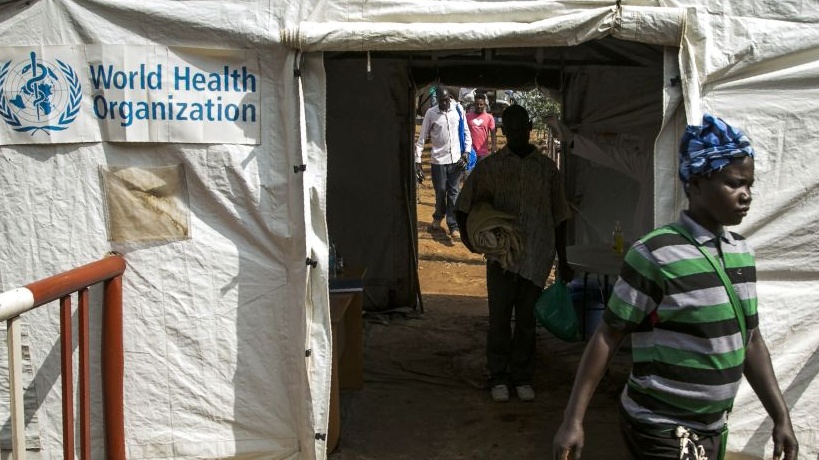Concern has mounted in Rwanda, after more than 1,800 Ebola-related deaths have taken place since the virus widely spread one year ago in neighboring country, Democratic Republic of Congo.
Last week, Rwandan government officials decided to close its border with DRC, but on Thursday, the border reopened following citizens' anger around the blockade negatively impacting their livelihood.
"I am more afraid of hunger than Ebola, they should not close the border,” builder Ernest Mvuyekure, a builder, told the BBC. He travels from Rwanda to Goma every morning for work.
According to Newsweek, the decision was made after the World Health Organization confirmed the second Ebola-related death in Goma, DRC. The organization has also placed travel restrictions on the region, as risk of an epidemic spread is “very high.”
Félix Tshisekedi, the president of DRC, said he regretted the decision made by Rwandan officials, expressing it “runs counter to the advice of the World Health Organization,” reports The Guardian.
On this day last year, the Ebola outbreak spurred in DRC; it has since become the second deadliest Ebola outbreak on record with about 2,700 cases and over 1,800 deaths.
NPR reports that containing the virus is extremely difficult in impoverished areas throughout the country where militia are present. Matshidiso Moeti, WHO’s Africa director, says there have been numerous attacks on Ebola clinics and response teams since the outbreak began in 2018.
“This violence is a reminder that this outbreak is one with unprecedented challenges,” he told NPR.
Amidst the spread of the virus, WHO is calling on help from international donors to increase resources for response teams on the ground. On the contrary, more experimental treatments and vaccines are in the works to aid patients in Congo.
In June, the U.S. Customs and Border Protection Agency reported a rise in asylum seekers from DRC and the U.S.-Mexico border. Newsweek reports that while there is no clear connection or reason for higher numbers of African migrants, many told NPR News they had traveled from their home countries to Brazil before making it to the border.
